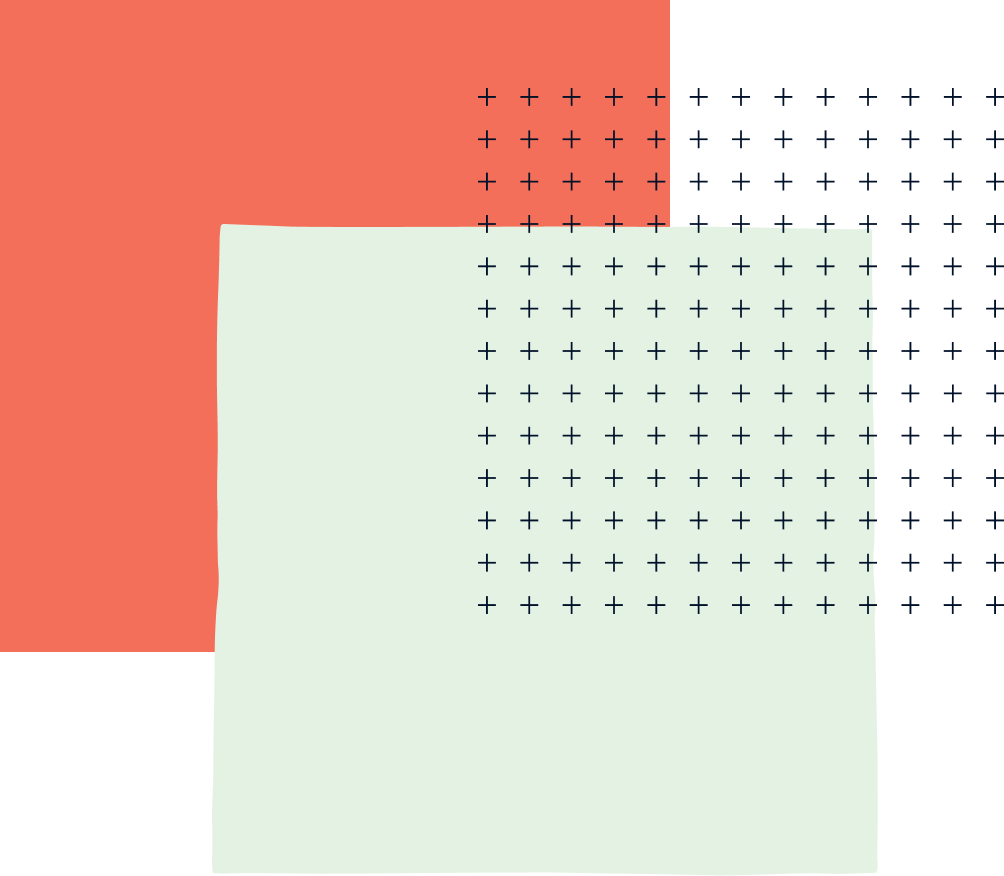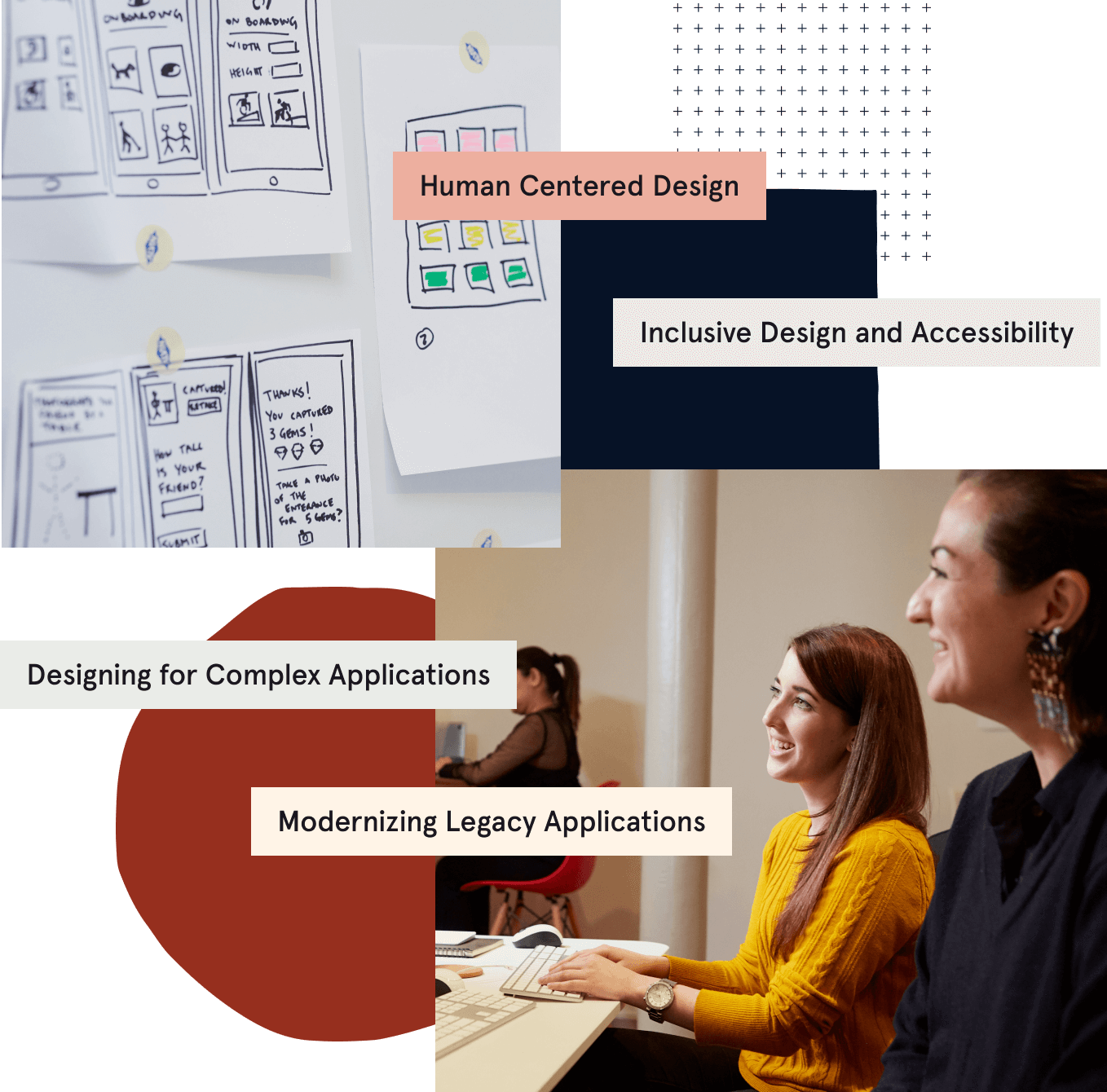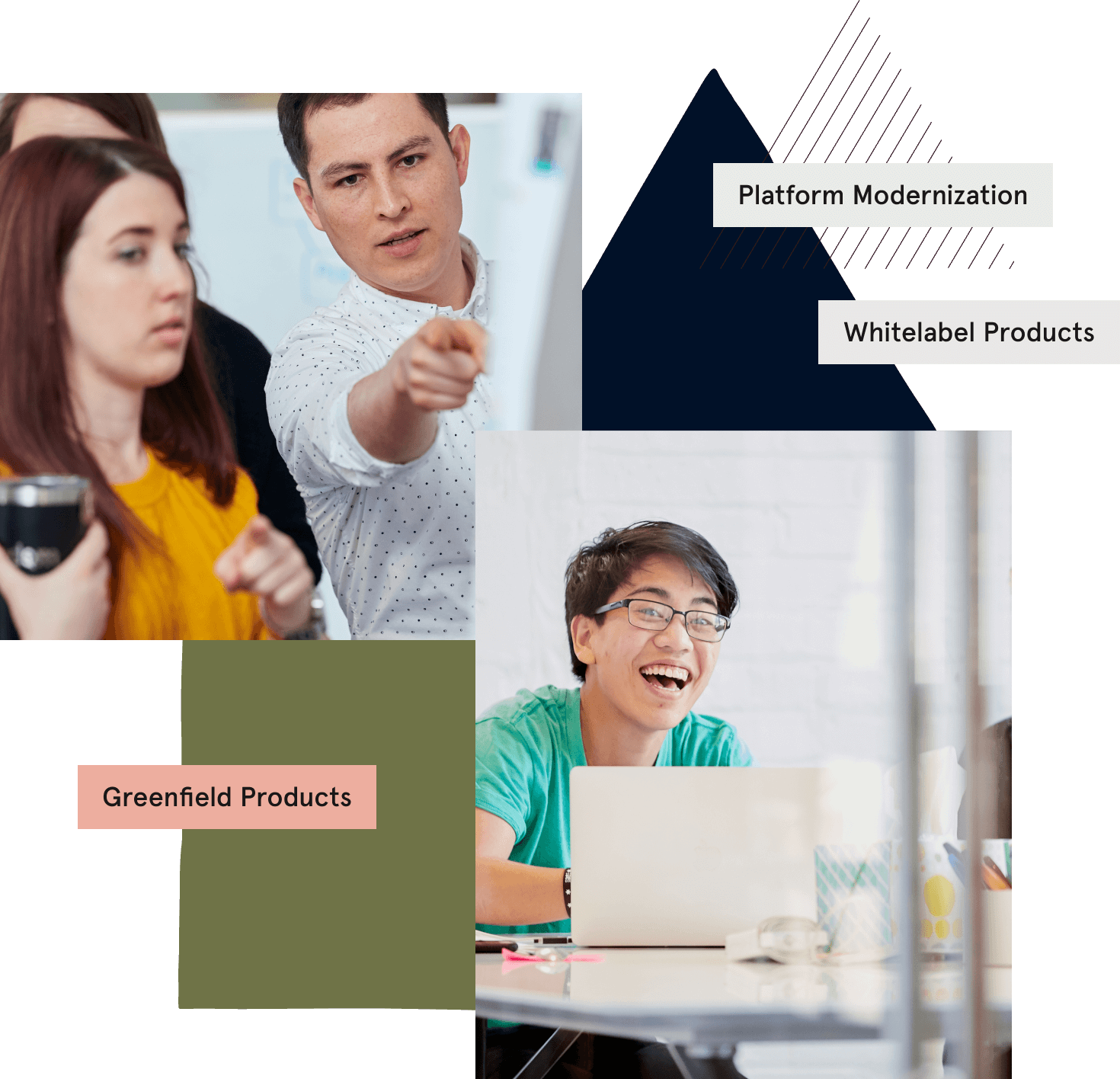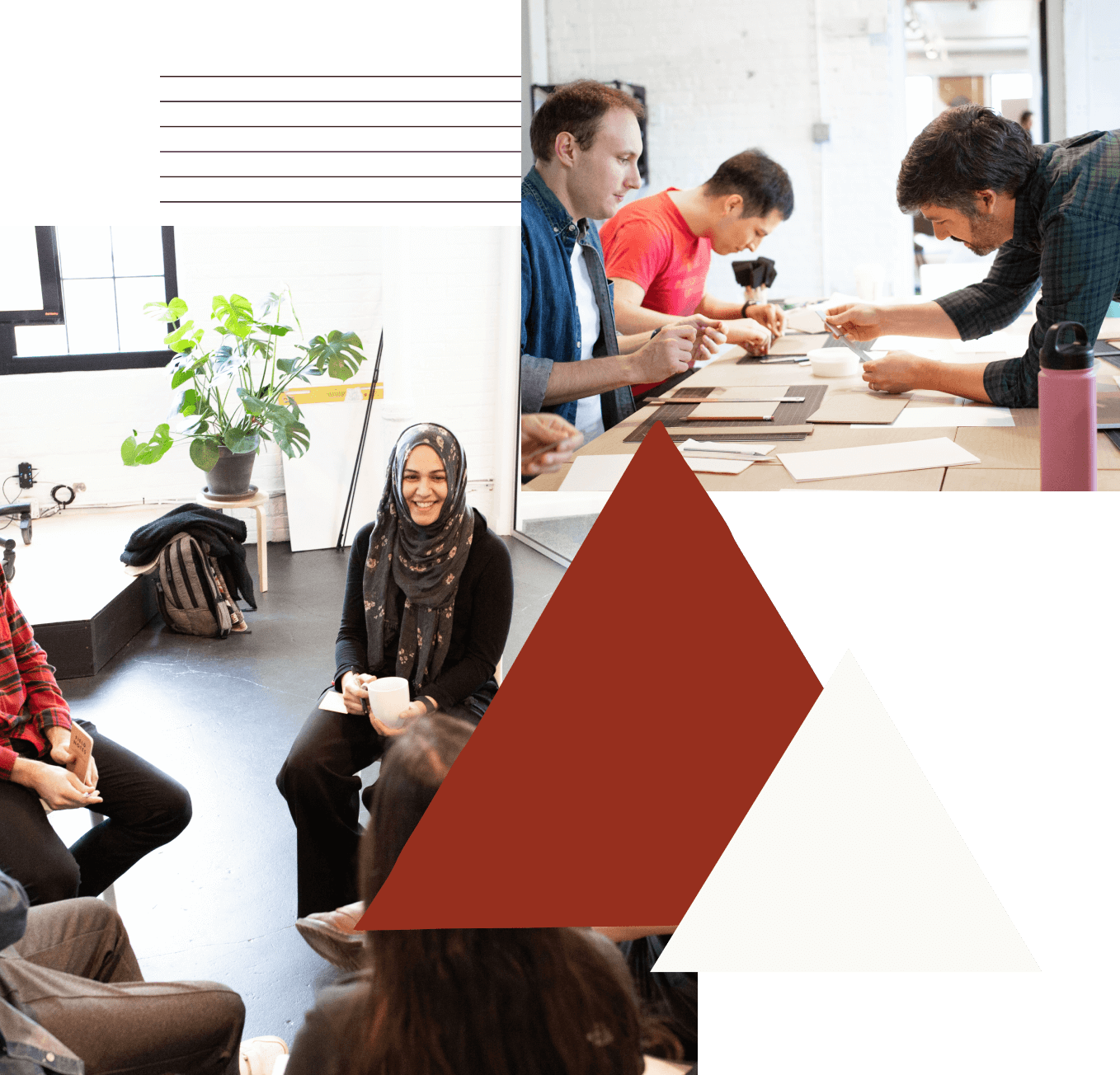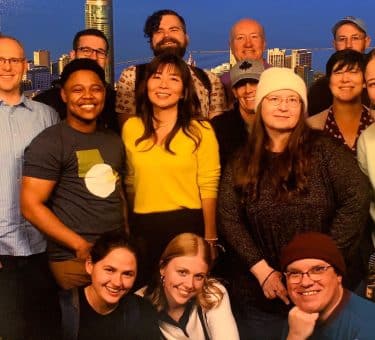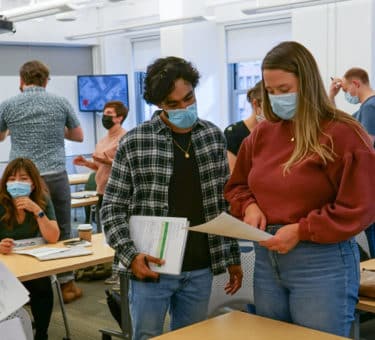Tandem’s mentorship program pairs up teammates to support each other in their growth. In today’s Tandem Roundtable, we gathered some of the program’s participants to have a conversation about mentorship.
How does Tandem’s mentorship program work?
Mia: Mentorship is an idea that came up in one of our company stand ups, and people showed interest in it so they created a process.
Chris: We have a form to sign up: you can be a mentor or mentee or both. On the form you can select topics that you are interested in learning about, or you can indicate if you want a specific person to be your mentor based on skills you’ve seen from them in Lightning Round or on projects. Then the program coordinator matches people based on shared topics and availability.
Dominic: It’s a great way to share knowledge and experience you gain with others who are looking to improve. I kinda think of it like within a video game, where if I get stuck on a level I can watch videos of others and see how they overcame that level.
Kitto: For me, since I was hired after the initial pairings were made, during my onboarding I was asked if I wanted to be a part of the program. As a new employee it seemed like a good way to become comfortable with another person and with the company in general, since we’re remote.
How is the mentorship relationship different from the one you have with your manager?
McKenzie: For me, Mia feels more like a peer, and I really like that we are more casual. I chat about personal things with my manager too, but it feels easier to relax, go off topic, then come back to the topic with my mentor.
Dominic: One difference is that managers tend to have a lot of things going on at once. I can reach out to Chris for public speaking feedback instead of my manager so I don’t overload my manager.
Mia: My one-on-ones with my manager are more broadly focused on career goals and how to get opportunities to achieve those goals. We also focus on whatever issues may be happening with the client, or technical challenges that I may have. It’s more high-level career and project oriented, as opposed to focusing on a specific project or skill with my mentor.
Chris: As a mentee I was working on figuring out what agency I had within Tandem, so it was really helpful to have that space to talk with someone who wasn’t my direct manager about the soft squishy parts of my day-to-day.
What kind of skills or knowledge have you worked on with your mentor/mentee?
Ronda: I am the communications and consulting skills resource. I also ended up working with my mentees on managing team dynamics, in addition to the external consulting and personal skills.
Chris: I signed up to be both a mentor and a mentee. As a mentee I wanted to bolster some confidence issues I had, and work through some blocks I was having with prioritizing work and negotiating with the client team. And as a mentor I was focused on helping with presentation skills and building a framework with my mentee, Dominic, to work through some of his concerns when presenting to a larger group.
Dominic: I wanted to be mentored on public speaking skills, presentation and communication. I would always get nervous when presenting, and I would veer off topic and go all over the place, even with notes. I’ve been working with Chris to get that tamed.
McKenzie: I feel like the relationship between a developer and designer is so important, so I wanted to understand more about the development side of things. Mia and I got paired up and I orignally wanted to be a mentee but it ended up being wonderful because the mentorship went both ways. Mia had a project idea already so we’ve worked on it together during our mentorship time, and she mentors me on dev things, while I share my skills in design.
I was really unsure about being in a mentor role when I was filling out the form to join the program. I was only a Product Designer I at the time and I thought I didn’t have anything to offer. It was really encouraging though and built my confidence that Mia wanted me to share what I know about design.
What have you learned or gained from the mentorship program?
Dominic: I was presenting a lightning talk, and Chris gave me a google doc on how to go about formatting your slides in a presentation. When I presented, I used to be all over the place, so the slides helped me stay focused and keep everything ordered correctly. Something else that helped was Chris telling me that how I was feeling about presenting was natural and that other people feel the same way.
Mia: My mentor was [Tandem Alum] Steph, and we still meet every other month. One of the big things that I really wanted to focus on was navigating client politics and how to handle a difficult meeting or difficult relationship. When those things come up, how do you navigate and resolve them? At the beginning of the mentorship we met every other week, and that was really helpful. That relationship has really helped me navigate some difficult situations.
Kitto: Ronda and I generally talk about becoming more comfortable with talking to the client, internal team, and Tandem team. One thing I’m still working on to bring back to Ronda is a 15-minute Dev Dish talk that I’ve signed up to present in a few months. I’m preparing for that and will present it to Ronda and get her feedback before the real presentation.
Ronda: It didn’t occur to me initially that it would be helpful to talk about the relationships amongst your team and how to communicate better internally. A lot of people don’t present very often so I thought that would be the direction our work together took — but learning that internal communications and how to work within a team were high priorities for my mentee made me shift my approach. That was definitely a learning experience.
Do you have any other mentors/mentees in your life, outside of the Tandem mentorship?
Mia: At one point I was a mentor for Women Who Code, and I was able to provide mentorship for a couple of St. Louis-based aspiring software engineers who were still in bootcamp. For my own development, I meet with my mentor Steph every other month and I meet with [Tandem Alum] Kate twice a month to pair program together.
Dominic: Sometimes I mentor my nieces and some of my friends in programming. I let them know that tech is a great career choice and I’m willing to help them.
Chris: I don’t have any other mentorship experiences quite yet, but Tandem’s mentorship program has made me interested in pursuing different mentors and becoming one as well.
McKenzie: A year ago, I started to realize that I don’t really know what’s ahead of me in life, and I wanted to seek out somebody to help guide me through that “desert”. I sought someone out at my church and was mentored there for some time. And that was another situation where I had some specific goals, but left room for the mentorship to be open-ended. I also mentored a teammate on the rowing team when I was in college — all seniors were assigned a freshman to mentor. We’ve stayed in touch since and she just graduated from college!
What advice do you have for how others can get the most out of their mentor/mentee relationships?
Chris: I think something that’s pretty important is to have an open mind and be open to learn things you weren’t expecting. With my mentor, Sasha, I learned a lot about how to think through and view problems as opportunities instead of as roadblocks. It was a real lightbulb moment for me, and I wasn’t expecting that.
McKenzie: Similar to what Chris was saying: start with your goals, share them with your mentor, and then work toward those goals, but also stay open to everything else that could come up and how the relationship could change. If I had been too rigid with my expectations, I don’t think I would have learned as much. Have goals, but remain flexible.
Ronda: I think this kind of speaks to McKenzie’s situation that she mentioned earlier, but when we started I thought, ‘I’m not a designer, I’m not an engineer, what could anyone want to know from me?’ I’ve learned that we can all learn things from each other. More people should realize that they have something to offer. Anyone can mentor, regardless of your career level or position. Everybody has something to offer.
Do you want to work on a team that values mentorship? Check out our open positions and apply to join the Tandem team!
